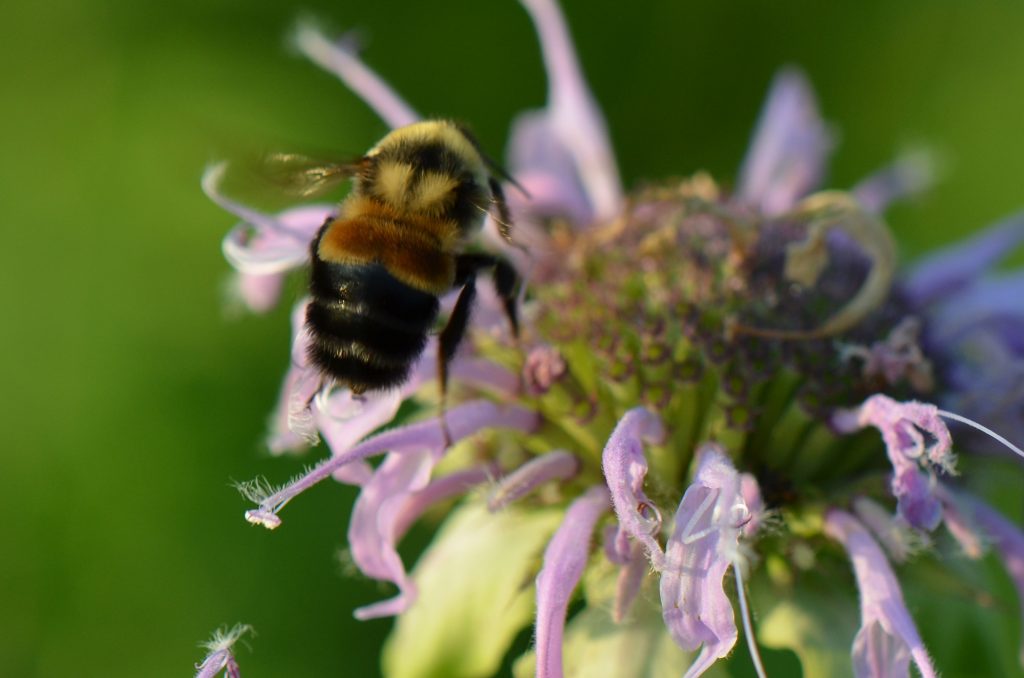(Beyond Pesticides, July 28, 2023) A study published in Science of the Total Environment finds glyphosate can adversely impact sensory and cognitive processes in bumblebees (Bombus terrestris). Glyphosate exposure impairs bees’ learning of aversive stimuli like electric shocks paired with specific color discrimination. Additionally, the pesticide reduces attraction to UV (ultraviolet) light, specifically the color blue, and temporarily impacts locomotion and phototaxis (movement in response to light). These impairments to sensory and cognitive processes render foraging difficult for these glyphosate-exposed pollinators and vulnerable to unavoidable predators. The study highlights that symptoms of widespread chemical exposure may reduce foraging efficiency and adversely affect ecosystems, especially those dependent on insect pollinators. Pollinator decline directly affects the environment, society, and the economy. Without pollinators, many plant species, both agricultural and nonagricultural, will decline or cease to exist as U.S. pollinator declines, particularly among native wild bees, limit crop yields. In turn, the economy will take a hit, since much of the economy (65%) depends upon the strength of the agricultural sector. As the science shows, pesticides are one of the most significant stressors for pollinators. In a world where habitat loss and fragmentation show no sign of abating, scientists have concluded that the globe cannot afford to continue … Continue reading Degradation of Color Discrimination Associated with Glyphosate Exposure Impairs Bees’ Foraging Ability
